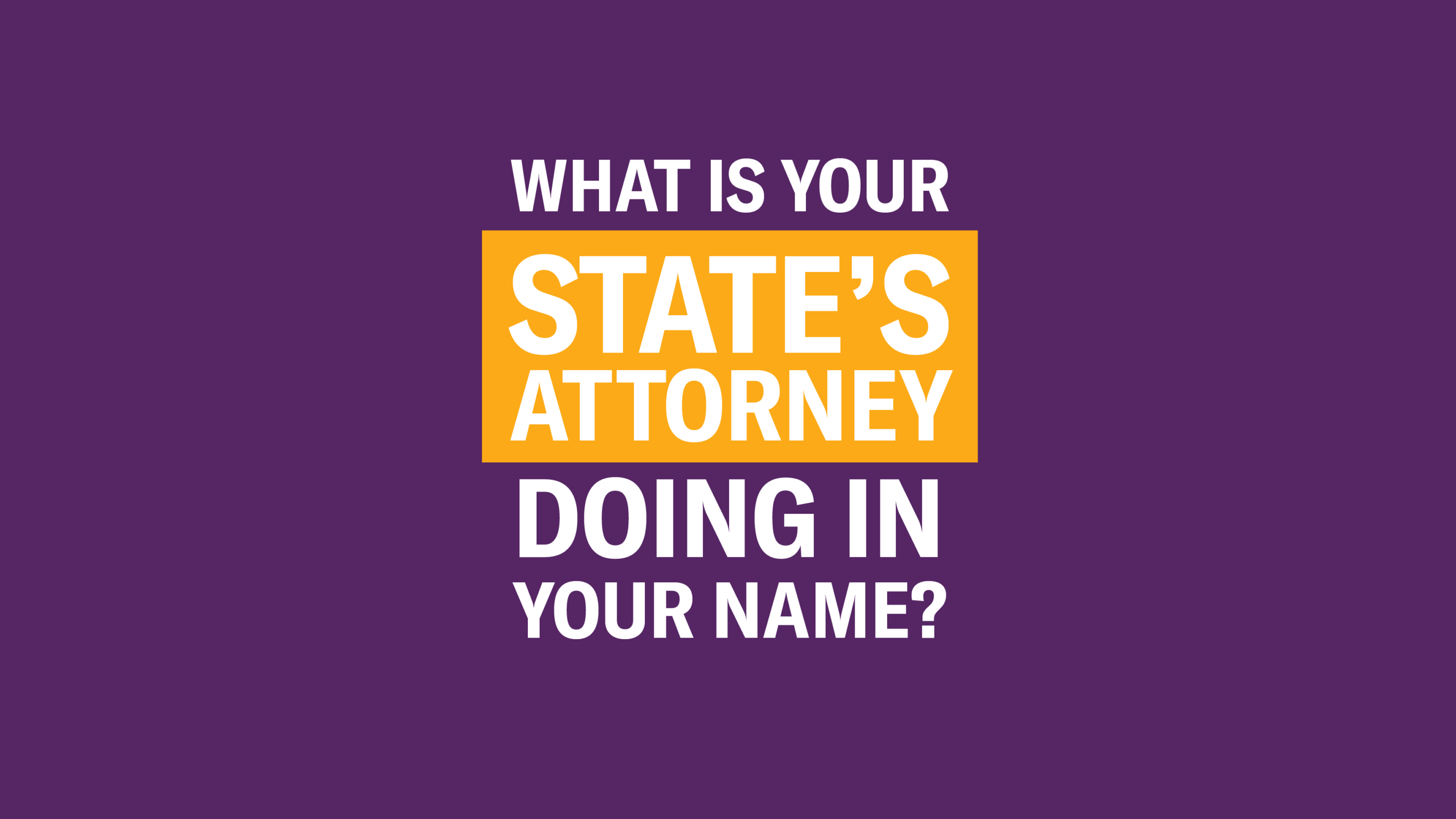Vermont's elected prosecutors are called state's attorneys, and they are the most powerful players in our criminal legal system. State’s attorneys decide which crimes to charge people with; what to recommend for sentence lengths; what kinds of plea deals to offer; whether to recommend jailing someone while their case is pending; and much more.
Given state’s attorneys’ immense power and outsized impact on the lives of Vermonters, voters must know what these elected officials are doing in your name. A functioning democracy requires no less. Unfortunately, much of what state’s attorneys do is hidden from the public. Many do not publish the most basic information about their practices, and none produce meaningful data about their work.
That’s why, in January, the ACLU of Vermont sent record requests to each state’s attorney to find out more. In response, some sent their written policies on issues like criminal charging, bail, plea bargains, sentencing, alternatives to incarceration, data collection, police accountability standards, and more.
But most state’s attorneys had only short, cursory guidelines or no written policies at all. And, on the issues most important to ACLU voters, such as limiting the use of jail and prison, increasing transparency and accountability, and advancing racial justice, few had any policies detailing their practice.
Compare your state's attorney's policies to others in Vermont
Voters offer the most meaningful check on state’s attorneys’ enormous power. We the people can influence the policies and positions of our elected prosecutors, ensuring that accountability, equity, and justice for all are central to their practice. But the average voter is currently unable to determine when, how, and why their state’s attorneys choose to prosecute, and whether they treat people equitably. The lack of publicly available data or detailed policies leaves little room for meaningful accountability.
To build a smarter criminal legal system, we must know where our state’s attorneys stand on issues like the prosecution of low-level and drug possession offenses, issuing life without parole, ending cash bail, and more. Only with such information can Vermonters hold their elected officials accountable and make informed decisions about which state’s attorney candidate deserves their vote.
The ACLU of Vermont has created profile pages for each state’s attorney, which include their contact information, their written policies (if they exist), and where you can find more information. These pages will be updated with additional information as it becomes available. For the first time, voters will have one place to learn about Vermont’s state’s attorneys and whether Vermonters’ values are being honored by these elected officials.
Who is your state's attorney? What are they doing in your name? Learn more here about them and their written policies.
Your engagement is critical. Find out more about the Your Vote, Your Prosecutor campaign. Sign up here to join the campaign so you receive alerts and learn how to get involved. You can also watch additional videos about the need to reform prosecution, share your story, play “state’s attorney for a day,” and review our FAQ.


